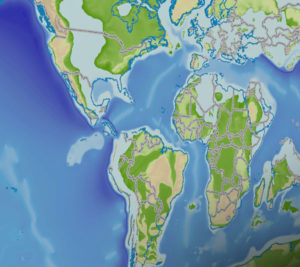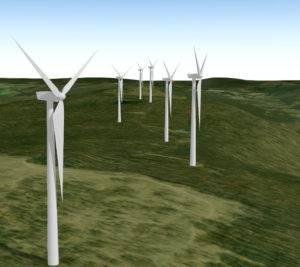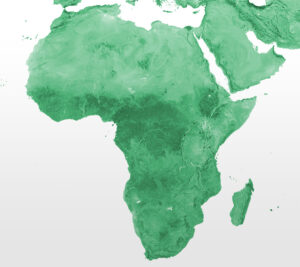For five days every year since 1971, the small Swiss alpine village of Davos hosts what is a unique combination of business, society and political leaders, for the annual meeting of the World Economic Forum (WEF).
This year’s meeting, under the title ‘Co-operation in a Fragmented World’, enabled attendees to address the ongoing crises across the world and provide a platform for a much-needed dialogue about solutions.
As we saw with the release of the IEA Energy Technology Perspectives 2023 report in a previous blog post, the need for what are termed Critical Minerals – i.e. those that produce copper, lithium, nickel and cobalt amongst other – is set to increase rapidly.
The WEF recognised this need when they noted after the meeting that: “…efforts to deploy cleaner energy sources and infrastructure are directly linked to the ability to supply the materials used to make wind turbines, solar panels, electric vehicles and electrical grids”.
The World Bank reinforced this assumption. Writing in Minerals for Climate Action: The Mineral Intensity of the Clean Energy Transition, it predicts that demand for certain critical minerals will increase by up to 500%.
While governments around the world recognise this forthcoming increase and are taking steps to ameliorate the impact of threats to supply chains, time is not on their side.
That need for an increased speed in the energy transition is important. Without it the WEF has said the world will face three significant threats to the adoption of renewable energy.
- Firstly, the ‘backlash in adoption’ may raise the demand for a return to fossil fuels.
- Secondly, tensions between countries, driven by the need for these critical minerals could restrict international trade.
- Lastly, the environmental impact of the increased mining required to extract more minerals (through increased emissions), may defeat the purpose of the Energy Transition, altogether.
Talking about these threats and in its own words, the WEF stated that “Preventing the challenging scenario already pointed out in many studies involves more than rethinking production processes, commissioning new mines and focusing on recycling materials. It is necessary to go beyond demand planning and act by defining strategies that are actually capable of dealing with risks. The time has come for a new approach, focused on building a coalition capable of facing challenges in an integrated, systematic and collaborative way.”
Attendees echoed these thoughts. Jason Bordoff, Founding Director of the Center on Global Energy Policy commented that “…emerging security risks associated with the transition to clean energy – from vulnerable critical mineral supply chains to protectionist clean energy policies – will coexist with the traditional geopolitics of energy. This warrants a new approach to energy security, we argued—one that proactively addresses these emerging risks while accelerating the transition to net-zero”.
The path to generating energy from renewable sources is facing challenges – it would be impossible for a project of this size and complexity not to – but if governments, explorers and producers can increase the speed with which critical minerals are discovered, processed and delivered, that will go a long way to reducing tension and delivering the future we all need.
Getech is #FindingCriticalMinerals.
Explore more about the products and services we provide to organisations all over the world, here: Getech Critical Minerals.










